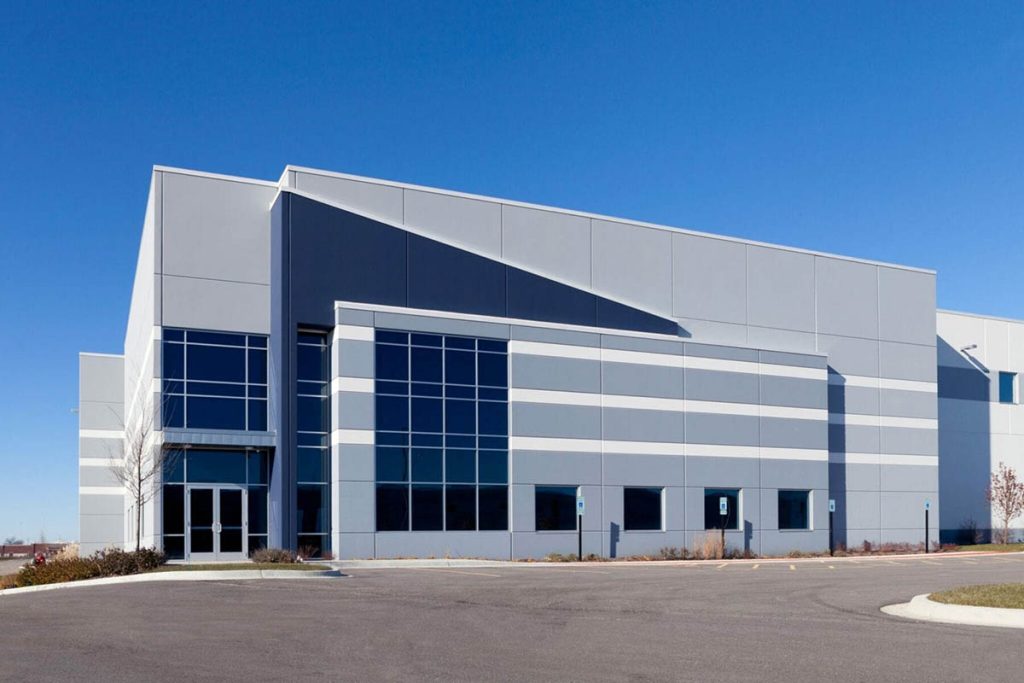
Efficient Project Management for Commercial Painting Contracts
Commercial painting contracts are a critical component in the construction and maintenance of buildings. Effectively managing these contracts requires a comprehensive approach that covers various phases and aspects of the project. From pre-contract activities to team and financial management, a systematic procedure ensures the quality and timely completion of the project. In this blog post, we’ll outline the essential steps and strategies for efficient project management in commercial painting.
Pre-Contract Phase
The pre-contract phase is crucial for establishing a strong foundation for the entire project. This includes thoroughly understanding commercial building painting, examining the scope, and setting clear objectives. Taking the time to clarify expectations and requirements at this stage can prevent misunderstandings later.
Engaging with professional commercial painting services like Prep Smart Painting during this phase can offer invaluable insights and expertise. As professionals in the field, we can help assess the project’s specific needs, provide detailed recommendations, and align the project’s scope with industry best practices. Leveraging professional commercial painting services in the pre-contract phase ensures the project starts on the right foot, with all the essential details addressed and aligned with the client’s vision and goals.
Defining Project Objectives and Scope
Clearly defining the objectives and scope of the project is vital for success. Whether it’s commercial building exterior painting or interior work, having a detailed plan allows all parties to align their efforts. Determine the purpose, target audience, and specific project requirements, and be explicit about what is and isn’t included in the contract.
Conducting Thorough Site Assessments and Evaluations

Before estimating how much to paint a commercial building, it’s essential to conduct site assessments and evaluations. This process helps identify potential challenges, understand the existing condition of the building, and gather necessary data. This information is critical for developing accurate project estimates and timelines.
Assessments must consider factors like labor costs, costs per square foot, and the difference between residential painting and commercial properties. Commercial property owners often face unique challenges, such as adhering to specific regulations and standards, which must be considered. Understanding these elements during the assessment phase ensures a comprehensive approach to the project, leading to more accurate cost estimations and effective planning for commercial properties. By focusing on these specific aspects, contractors can provide commercial property owners with a tailored solution that meets their unique needs and requirements.
Estimating Project Costs and Developing Accurate Budgets
The question of how much to paint a commercial building depends on various factors like size, material, location, and more. Accurate budgeting includes careful consideration of these aspects, along with labor and material costs. A well-defined budget can help manage resources efficiently and keep the project on track financially. For professional assistance, consider reaching out to commercial painting contractors.
Resource Planning and Allocation
Proper planning and allocation of resources are integral to successful commercial painting contracts. This involves scheduling the right personnel and equipment, ensuring quality materials are on hand, and coordinating with various stakeholders. Timely allocation helps prevent delays and contributes to the smooth execution of the project.
In particular, a commercial painting job requires specialized skills and equipment that must be carefully aligned with the project’s demands. This includes everything from choosing the right paints and finishes to assigning skilled painters experienced with the specific techniques required. Coordinating these resources ensures that the commercial painting job proceeds without interruptions and meets the highest standards of quality and professionalism.
Communication and Stakeholder Management

Effective communication and stakeholder management are crucial for keeping everyone involved in the project on the same page. Regular updates, transparent reporting, and stakeholder engagement foster trust and collaboration and ensures that everyone’s needs are considered and the project progresses as planned. For more on stakeholder management in the construction industry, visit the Project Management Institute.
Team Management
Team management involves nurturing a cohesive, motivated, skilled team. Regular training, clear role definitions, and positive reinforcement are essential to maximizing productivity and quality in commercial building painting projects. Encouraging collaboration and addressing concerns creates a positive working environment.
In a commercial painting project, team management extends beyond just the core painting team. It involves aligning the efforts of various stakeholders, including suppliers, subcontractors, and clients, to ensure a harmonious workflow. Building a strong, unified team that understands and shares the goals of the commercial painting project can lead to better efficiency, higher quality outcomes, and increased satisfaction for all parties involved. Learn more about effective team management from Harvard Business Review.
Financial Management
Financial management in commercial painting contracts involves monitoring and controlling costs, ensuring compliance with the budget, and providing financial reports. Keeping track of expenses and making necessary adjustments ensures that the project stays financially healthy.
Technology and Tools for Project Management
Utilizing the latest technology and tools can significantly enhance efficiency in managing commercial painting contracts. From project tracking software to innovative painting techniques, embracing technology ensures precision, saves time, and often results in cost savings. Staying updated on industry trends and leveraging modern tools can set a project apart in quality and execution.
In conclusion, managing commercial painting contracts is a multifaceted process that demands meticulous planning, coordination, and execution. By considering the above aspects and engaging with experienced commercial painting contractors, you can ensure the successful completion of your commercial building painting project, satisfying both quality and financial goals.
Conclusion
Efficient project management is essential for the successful completion of commercial painting contracts. Professional Painters in Rhode Island suggest that it involves thorough pre-contract planning, precise budgeting, resource allocation, and effective team and stakeholder management. Professional Painters in Connecticut emphasize that by leveraging modern technology and maintaining clear communication, projects can be executed smoothly and on schedule. Professional Painters in Massachusetts highlight that engaging with experienced commercial painting contractors like Prep Smart Painting ensures high-quality results, financial compliance, and overall project satisfaction. Through meticulous planning and coordination, commercial painting projects can achieve their objectives and enhance the value of the properties they transform.







